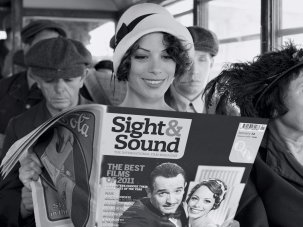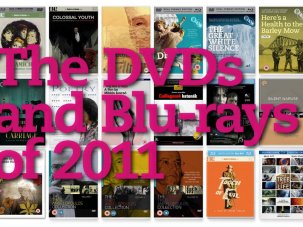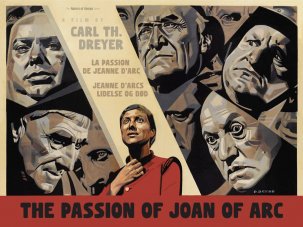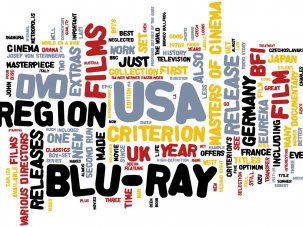Web exclusive
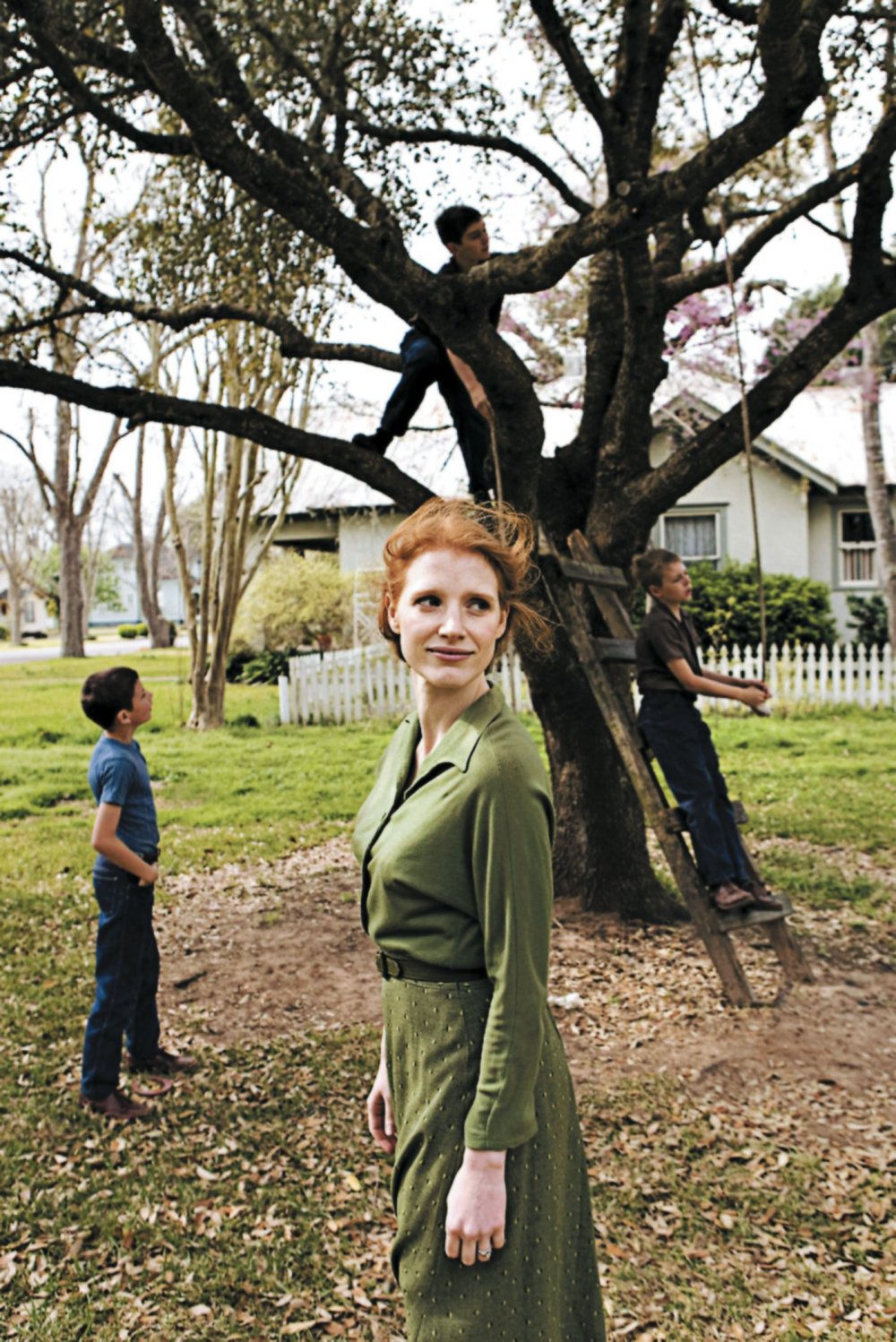
The Tree of Life (2011)
The top 10 films of 2011
↓ Jump to Nick James’s introduction
1. The Tree of Life
Terrence Malick, USA
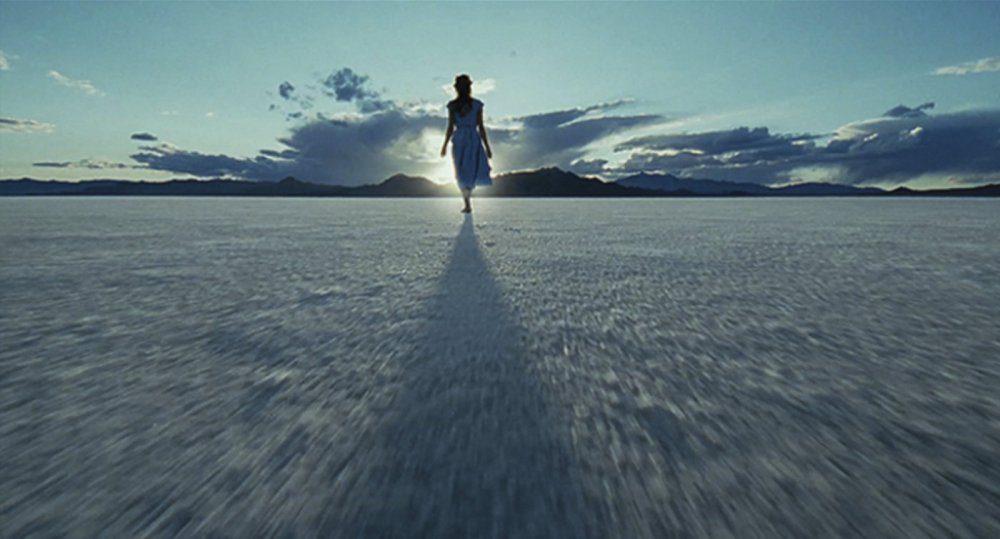
Deep, rich, deft in its camerawork and editing and sometimes dotty, this was the cinema event of the year. Part of the joy of Malick’s grandiose exploration of childhood – both his hero’s and the Earth’s – was seeing how it surprised and disconcerted audiences.
— Ian Christie
2. A Separation
Asghar Farhadi, Iran
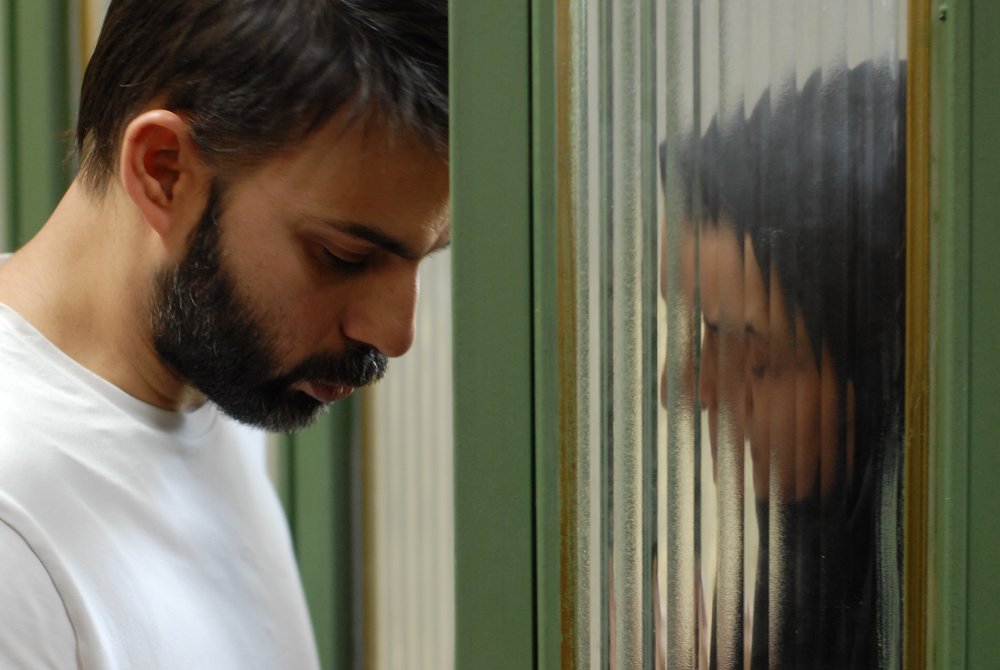
A Separation (2011)
Constructed like a Hitchcockian whodunnit, Farhadi’s film is a moral maze, casually revealing the relativity of ‘truth’ at the same time as it strips away all our comfortable prejudices about Iran in general and sharia law in particular.
— Nick Roddick
3. The Kid with a Bike
Jean-Pierre & Luc Dardenne, Belgium/France/Italy

This could be the most commercial and accessible film ever made by the Dardenne brothers, but the challenge for its distributor is to communicate its life-affirming nature without spoiling the film’s significant moments of jeopardy for the audience.
— Charles Gant
4. Melancholia
Lars von Trier, Denmark/Sweden/France/Germany/Italy
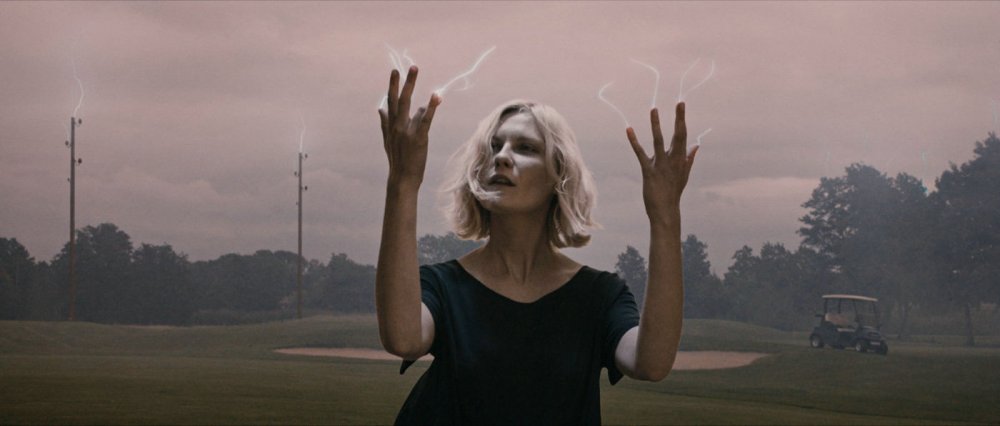
No backlash could diminish the power of von Trier’s most beautiful film, which contains trace elements of Friedrich, Last Year in Marienbad and Tarkovsky. Psychologically, it all makes sense – you can see why one sister grows serene as the rogue planet approaches
— Graham Fuller
5. The Artist
Michel Hazanavicius, France
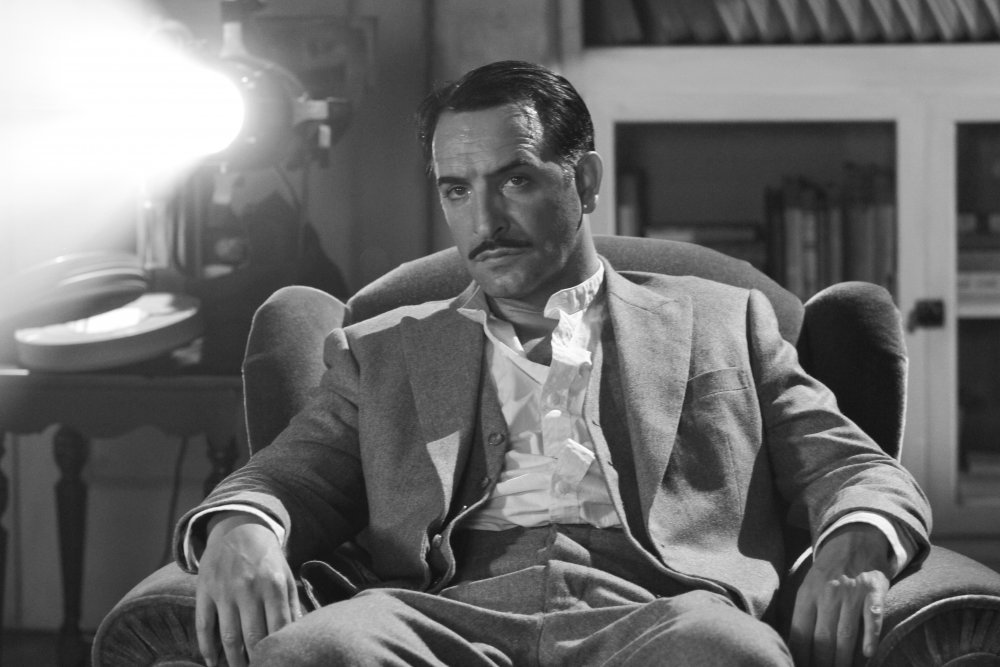
No film this year better expressed the pure pleasure in and of cinema. Hazanavicius’s tale of a silent-movie star undone by sound elicits the same sort of surprise and exhilaration that early cinema itself must have done, and in our knowing, multimedia age, that’s so refreshing.
— Demetrios Matheou
=6. Once upon a Time in Anatolia
Nuri Bilge Ceylan, Turkey/Bosnia and Herzegovina
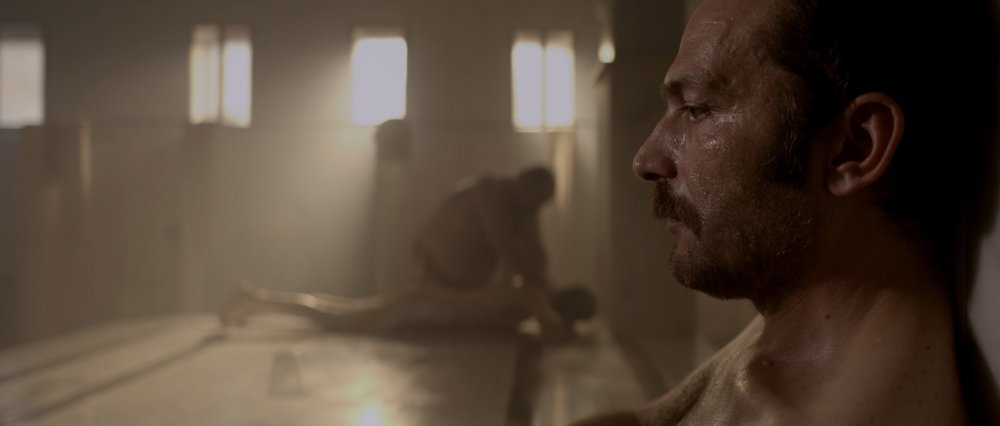
Once Upon a Time in Anatolia (2011)
Ceylan is a novelist of images, and this is his deepest, starkest offering yet. Few films so urgently demand the viewer’s active involvement right from the start: Anatolia plunges us instantly into murky business in the thick of night.
— Jonathan Romney
=6. The Turin Horse
Bela Tarr, Hungary, Switzerland/Germany/France/USA
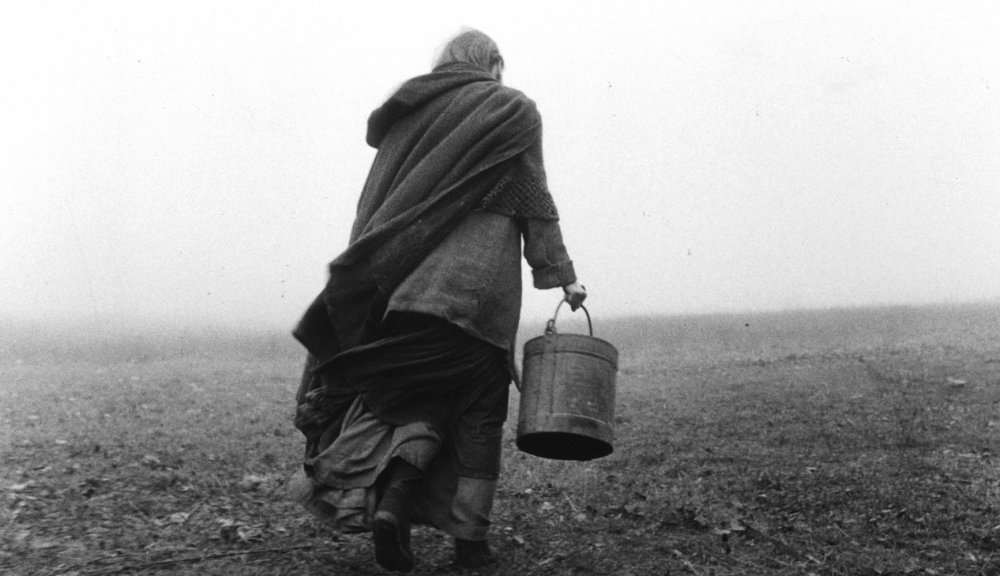
The Turin Horse (2011)
That Tarr’s universe is singularly bleak – repetitive, futile, seeming to mock the very idea of significance – is no matter. Tarr finds his meaning in the rhythms of the quotidian – in the very need to go on, no matter how pointless it all may seem.
— Andrew Schenker
8. We Need to Talk About Kevin
Lynne Ramsay, UK/USA

We Need to Talk about Kevin (2011)
Ramsay’s film of Lionel Shriver’s novel is compelling, provocative, terrifying. The three actors who play Kevin are terrific (suggesting, as they do, that he was born without empathy) and Tilda Swinton exceeds even her own high standards.
— Amy Raphael
9. Le quattro volte
Michelangelo Frammartino, Italy/Germany/Switzerland
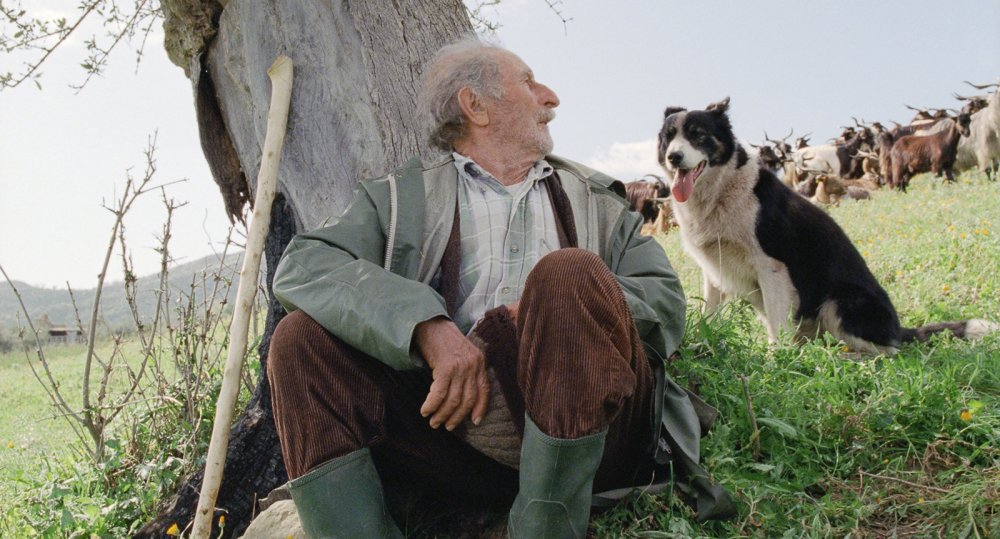
Le quatro volte (2010)
A year for ‘spiritual’ films – first and foremost Frammartino’s film, where wordlessly the human, animal, vegetable, mineral states of the world are shown as interdependent equals, oddly recalling Jacques Tati’s fragile communities threatened by change.
— Paul Mayersburg
=10. This Is Not a Film
Jafar Panahi, Iran

Panahi uses the camera – trained on himself more or less throughout the movie – as a means of liberation. At once utterly specific in its focus and wholly universal in its relevance, it’s perhaps the bravest and most important home movie ever made.
— Geoff Andrew
=10. Tinker Tailor Soldier Spy
Tomas Alfredson, UK/France/Germany
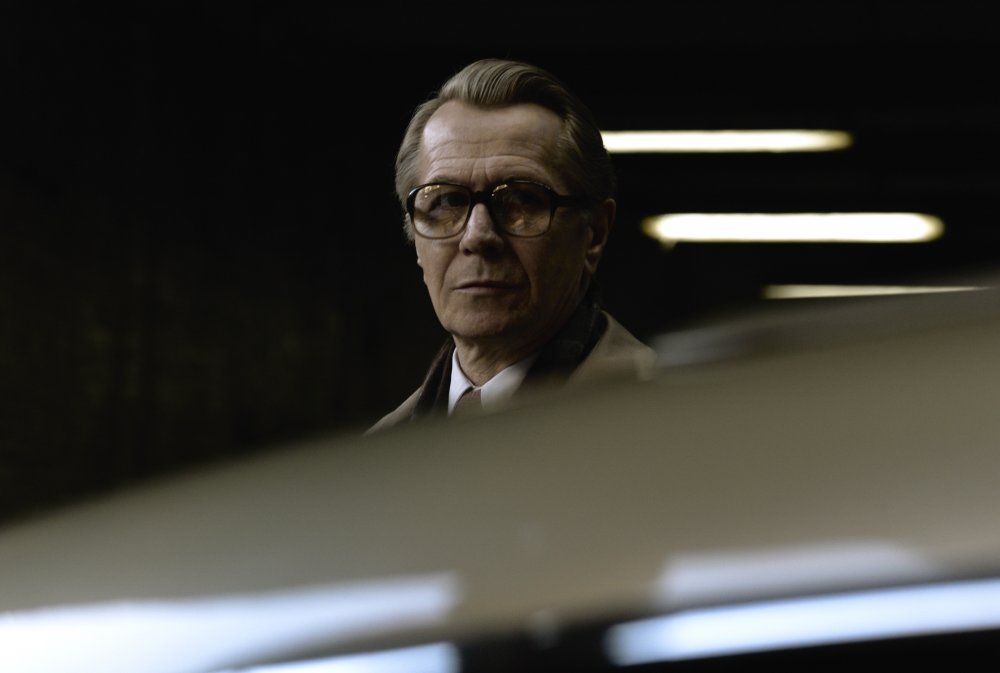
It took a Swede to break into the British psyche with such mastery. Le Carré’s plot is almost anecdotal in this film where atmosphere and subtext grip and fascinate. An inspiring mise en scène and superb performances from Oldman, Hurt and Firth.
— Agnès Poirier
☞ See all 101 critics’ votes for the best films of 2011
Introduction
Long before anyone had seen it, the film event of 2011 was preordained to be The Tree of Life. Such is the belief in the genius of Terrence Malick that many commentators hyped themselves up to a pitch of tremendous anticipation. It seems they were satisfied by the result – in fact the film’s runaway success as our film of the year (it won half as many votes again as the second-placed A Separation) suggests that it might even figure in 2012’s S&S poll of the Best Films of All Time.
Impressed though I was by Malick’s overwhelming spectacle, I had some doubts about it as a work of art: about the awe-inspired voiceover, about Sean Penn’s nebulous role, about the afterlife scene on the beach and about the dinosaur’s moment of compassion. That so many critics this year were prepared to accept these flaws surprised me. It seemed in a lot of reviews of the film as if critical distance vanished and was replaced by a form of fan worship. Whether or not this is a consequence of what we might call the electronic-media age of criticism is unclear, but I am concerned that, in a time when the professional critic is under so much pressure to entertain, so many critics should be so unconcerned with maintaining anything like an objective viewpoint.
The Tree of Life remains a worthy winner nonetheless, and the view of Kent Jones’s friend that it is “something new in cinema” feels apposite. But it also conforms to a pattern that these polls have set for the past few years. One runaway film dominates by a long way, while the rest scramble for places with fewer votes separating them: in 2009 the clear winner was A Prophet, in 2010 The Social Network. These films have all had the advantage of their release following on quickly from their festival success.
One of the oddities that makes our annual poll so distinctive is the fact that we base it on whatever films the individual contributor happens to have seen during the year, rather than on UK release dates. This means that a number of titles get spread across two years, cited from festival viewings in the first year and from national releases in the second. It’s noticeable, for instance, that two films I selected last year, Mysteries of Lisbon and Le quattro volte, have figured much more heavily this year, the latter happily making it into the top ten. A Prophet featured in the chart for two years running; Poetry, which charted last year, still gathered several votes this year.
This factor does not, however, account entirely for the strange underperformance of other films. Though there are obvious reasons why, say, Aki Kaurismäki’s wonderful Le Havre hasn’t featured strongly – it hasn’t yet been released in the UK, and it wasn’t in the London Film Festival – it’s strange that such a critically well-regarded film as Steve McQueen’s Shame didn’t get near the top ten, even after showing at Venice, Toronto and the LFF, and being press-screened in London. Perhaps it’ll do better next year. I would have expected Wim Wenders’s Pina and Asif Kapadia’s Senna to have done better, too. (The films that were actually ‘bubbling under’ the top ten were Las acacias, Attack the Block and Kill List.) On the other hand, after all the opprobrium heaped on Lars von Trier at Cannes, Melancholia came in a very respectable fourth.
Much was hoped for British films. The summer festival season drooled over a killer list of We Need to Talk About Kevin, Tinker Tailor Soldier Spy, The Deep Blue Sea, Shame and Wuthering Heights. Many of these films have gone down well, especially here in the UK, and Kevin and Tinker Tailor have both charted here. However, they haven’t all been so well-received overseas. In his report from the Vienna film festival in our January 2012 issue, Kieron Corless notes that he can find few supporters of Kevin among European critics. There’s no question that the UK scene has been particularly healthy in the last couple of years, with the likes of Tyrannosaur, Kill List, Attack the Block, Weekend and Two Years at Sea to add to the list above (and there were even votes for Harry Potter and the Deathly Hallows Part 2). But it may also be true that our poll favours British films too much.
That said, I am particularly proud of this year’s top ten (actually a top 11, owing to a tie for tenth place). In complete disagreement with Geoff Andrew’s comments, I’d say there are at least six near-flawless films in the 11, though I won’t say which they are. We asked an unprecedented 101 contributors to list the five films that most impressed them and said (in contradiction to my above request for more objectivity): “Your reasons can be as subjective as you wish: best, favourite or most important – the criteria are your own.”
-
The Digital Edition and Archive quick link
Log in here to your digital edition and archive subscription, take a look at the packages on offer and buy a subscription.




